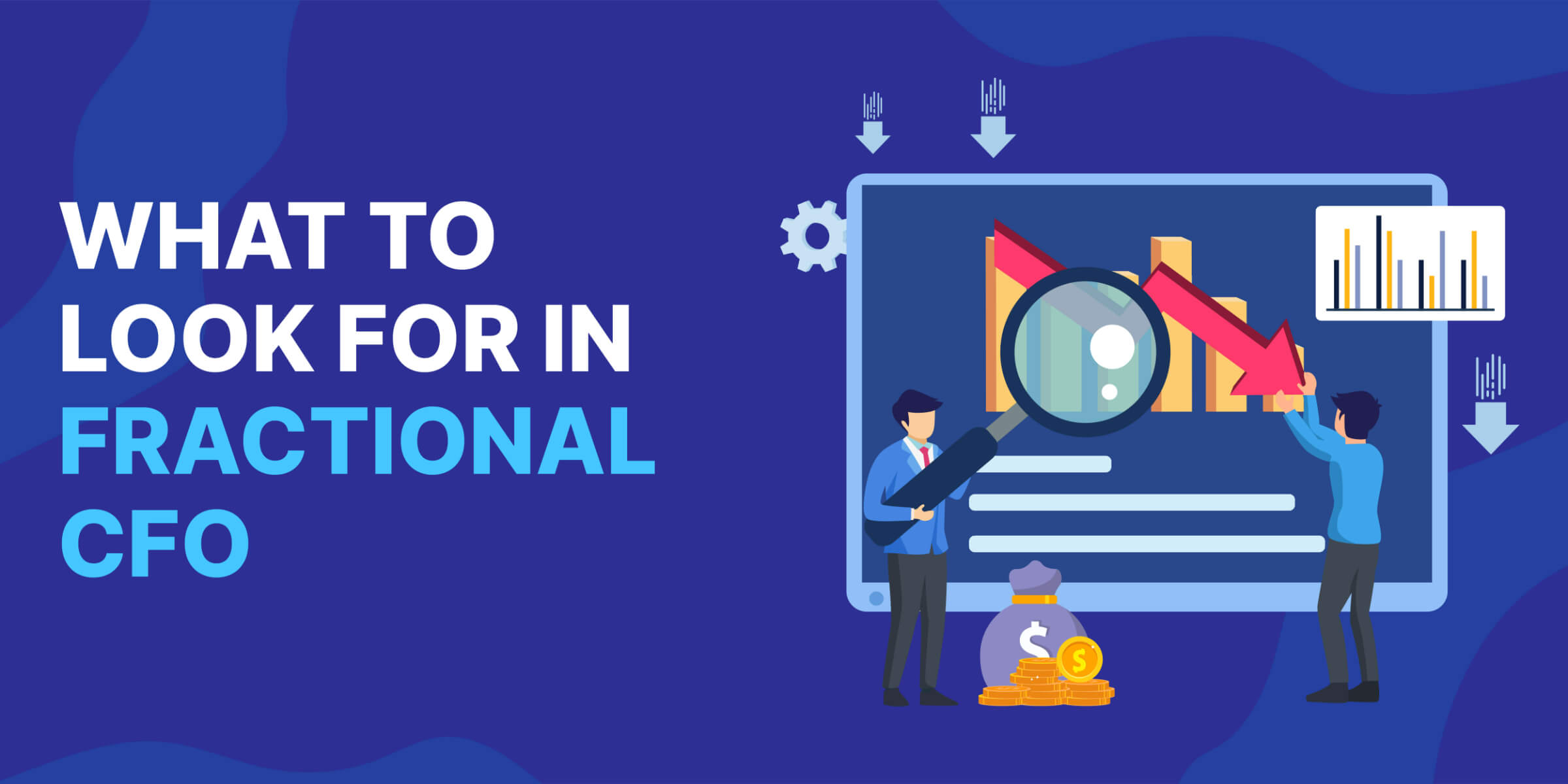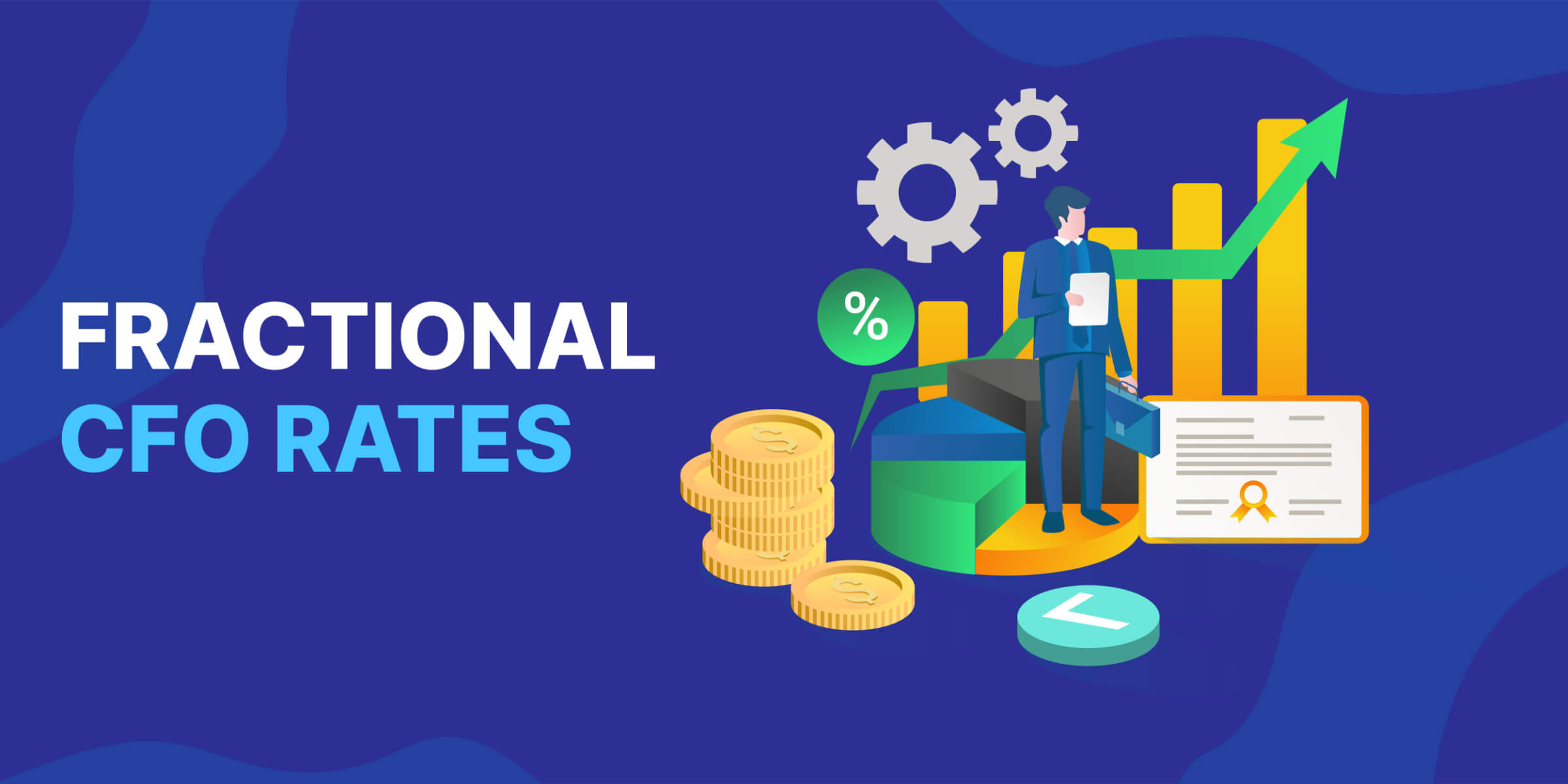Ready to hire a fractional CFO but unsure where to start with the job description? Crafting the perfect job description is the first step to attracting the right talent. It's more than just a list of duties; it's your first impression to potential candidates.
Highlighting key responsibilities, desired experiences, and specific qualifications can streamline your hiring process and ensure you attract top-tier candidates.
But there's more to hiring than just the job description!
We offer this website completely free to our visitors. To help pay the bills, we’ll often (but not always) set up affiliate relationships with the top providers after selecting our favorites. However, we do our best not to let this impact our choices. There are plenty of high-paying companies we’ve turned down because we didn’t like their product.
An added benefit of our relationships is that we always try to negotiate exclusive discounts for our visitors.
Why We Like Toptal
What Does a Fractional CFO Do?


A Fractional CFO is a part-time financial expert who helps companies shape financial strategies and optimize fiscal management. They provide high-level financial insight and management support on a flexible, part-time basis. Fractional CFOs help businesses navigate financial complexities without the full-time commitment.
Common responsibilities of a fractional CFO include:
- Strategic Financial Planning and Analysis
- Cash Flow Management and Forecasting
- Financial Risk Management
- Budget Development and Oversight
- Regulatory Compliance and Reporting
- Performance Monitoring and Improvement
- Stakeholder Communication and Management
When to Hire a Fractional CFO


A fractional CFO may be the best option, especially for startups and small businesses. They should consider hiring a Fractional CFO when they need advanced financial guidance but cannot afford or justify the cost of a full-time CFO. Critical situations that suggest you need the help of a CFO are:
- Navigating through significant growth
- Facing complex financial challenges
- Preparing for mergers and acquisitions
- Need to improve cash flow management
- Expanding to new markets or products
- Lacking financial visibility or insights
What to Look for in a Fractional CFO


When choosing a fractional CFO, there are many critical factors to look for. Here are some of the most important qualities to seek in a fractional CFO:
Fractional CFO Skills
Ensure the fractional CFO possesses critical financial management skills such as:
- Financial Analysis and Forecasting: Interpreting financial data accurately to understand a company’s current financial status. Using the financial data to predict its future trajectory and inform decision-making effectively.
- Strategic Financial Planning: Formulate comprehensive and aligned financial strategies. Financial plans should help the company achieve its goals and ensure long-term success.
- Risk Management: Identify, analyze, and mitigate potential financial risks that could adversely impact the company. Protect its assets and ensure business continuity.
- Communication and Interpersonal Skills: Articulate financial information, strategies, and advice clearly and effectively to different stakeholders. Foster an understanding and alignment within the company.
- Regulatory Compliance and Ethical Judgment: Maintain knowledge of and compliance with applicable laws and regulations. Make financial decisions with integrity and ethical consideration.
Qualifications for a Fractional CFO
Formal qualifications often play a significant role in a CFO's abilities. Some important qualifications to look for in a fractional CFO include:
- Advanced Degree in Finance or Accounting: Holding an advanced degree such as a Master’s in Finance or Accounting demonstrates a profound understanding of financial concepts, principles, and practices.
- Certified Public Accountant (CPA) or Certified Management Accountant (CMA) Certification: These certifications attest to the individual’s expertise, commitment, and adherence to the highest professional standards in accounting and financial management.
- Extensive Experience in Senior Financial Roles: This showcases proven capability in overseeing and managing complex financial teams and operations.
- In-depth Knowledge of Financial Compliance and Regulations: A thorough understanding of financial laws and regulations is crucial. It ensures the company operates within legal boundaries and avoids potential legal repercussions.
Fractional CFO Characteristics
Aside from important hard skills, there are also key characteristics to seek in a successful fractional CFO. A few include:
- Detail-Oriented: A keen attention to detail is crucial for identifying discrepancies in financial statements and ensuring accurate financial reports and analysis.
- Analytical Thinker: The ability to analyze data and trends effectively is vital for making informed and strategic decisions.
- Effective Communicator: CFOs need clear and concise communication. This enables them to accurately convey financial strategies and insights to people with varying financial expertise.
- Ethical and Transparent: Upholding high ethical standards and transparency is imperative for maintaining trust and compliance with financial dealings.
- Proactive and Strategic: A proactive and strategic mindset allows a CFO to anticipate financial challenges. They must formulate effective strategies to address these challenges as well.
- Adaptable: Adaptability is key. CFOs must adjust strategies and operations efficiently in response to the organization’s changing needs. This is a great trait for a startup CFO.
How to Write a Fractional CFO Job Description + Example/Template


Writing a quality fractional CFO job description helps you attract high-level talent. It also outlines key expectations up front, streamlining the applicant vetting process.
Here is information about what to include in a fractional CFO job description as well as examples for a template.
Check out our list of interview questions to ask a CFO
Company Introduction
Introduce your company and paint a picture of who you are and what you represent. Include a link to your company website and any relevant resources. Keep it fairly brief, around 2-3 sentences, but outline information about your company’s culture and benefits.
Job Description
Outline the fractional CFO role you are looking for and their primary responsibility. This is an overview of what you need, so mention any key expectations.
Template:
We are looking for a dynamic, experienced, and strategic fractional CFO to lead our financial operations and contribute to our long-term business development. Your primary responsibility will be to maintain and enhance our financial health, and to collaborate with various departments, providing financial insights and strategies to drive the company’s profitability and growth.
Responsibilities
List out the core responsibilities you need your fractional CFO to handle. Format them in a bulleted list for readability.
- Strategic financial planning
- Financial management
- Cash flow management
- Risk management
- Investment and fundraising
- Financial risk management
- Add any other core responsibilities for the job
Skills
- Technological proficiency with financial software tools for analysis and reporting
- Regulatory compliance knowledge
- Budget development and management
- Ability to formulate comprehensive financial strategies
- Financial data interpretation and forecasting
- Specify any other skills relevant to the job, including knowledge with tools or financial principles
Qualifications
- Advanced degree in finance or accounting
- Certified Public Accountant (CPA) or Certified Management Accountant (CMA) Certification
- [Your industry] specific experience
- Experience with capital raising
- Add any other qualifications necessary for the role
Fractional CFO Rates


Here's a general idea of the Fractional CFO charging structures:
- Hourly Rate: Fractional CFOs may charge an hourly rate, typically between $100 to $500 per hour.
- Fixed Monthly Fee: Some may opt for a retainer or a fixed monthly fee, which can range between $1,000 and $10,000 a month or more.
- Project-Based Fee: For specific projects, a Fractional CFO might charge a flat fee based on the project's complexity, duration, and demands.
The Best Place to Hire a Fractional CFO


If you’re in need of a qualified rational CFO, Toptal is the best place to go. With a rigorous acceptance process, Toptal only accepts the top 3% of CFO applicants. They thoroughly vet all accepted workers, ensuring you get access to fractional CFOs with ample expertise.
Leverage Toptal to find a CFO with the best background for your needs.
Why We Like Toptal
- Top Talent: Get access to elite, pre-screened candidates (only accepts the top 3%)
- Flexibility: Ideal for long-term or shorter-term specialty projects
- 14-Day Risk-Free Trial: Only get billed if you're satisfied
Frequently Asked Questions
What does a Fractional CFO do?
A Fractional CFO provides high-level financial management and strategic planning on a part-time or contractual basis. They’re ideal for businesses that do not require or cannot afford a full-time CFO.
What are things to include in a Fractional CFO job description?
Include the company introduction, role description, list of responsibilities, required skills and qualifications, and any other specific expectations.
Where can I find a Fractional CFO?
Toptal is the best platform to find experienced Fractional CFOs.
How much does it cost to hire a Fractional CFO?
Hiring a fractional CFO typically costs between $100 to $500 per hour, or a monthly retainer fee ranging from $1,000 to $10,000, depending on experience, company size, and project complexity.
Is a fractional CFO worth it?
Yes, a Fractional CFO can offer invaluable insights and strategic financial management. They help businesses optimize their financial operations and navigate economic challenges effectively.



















